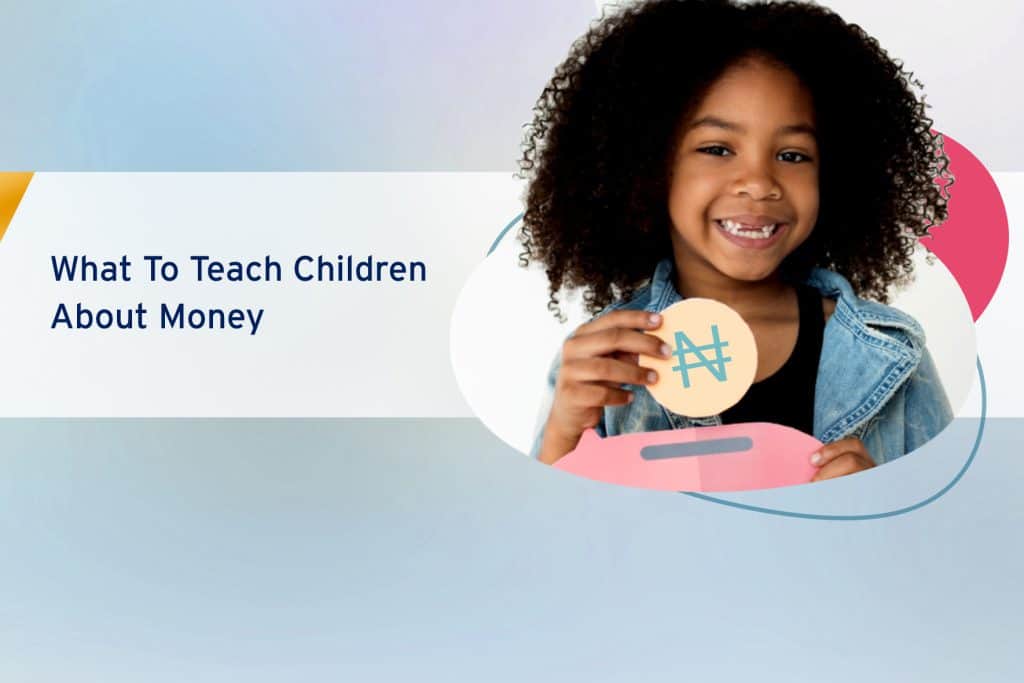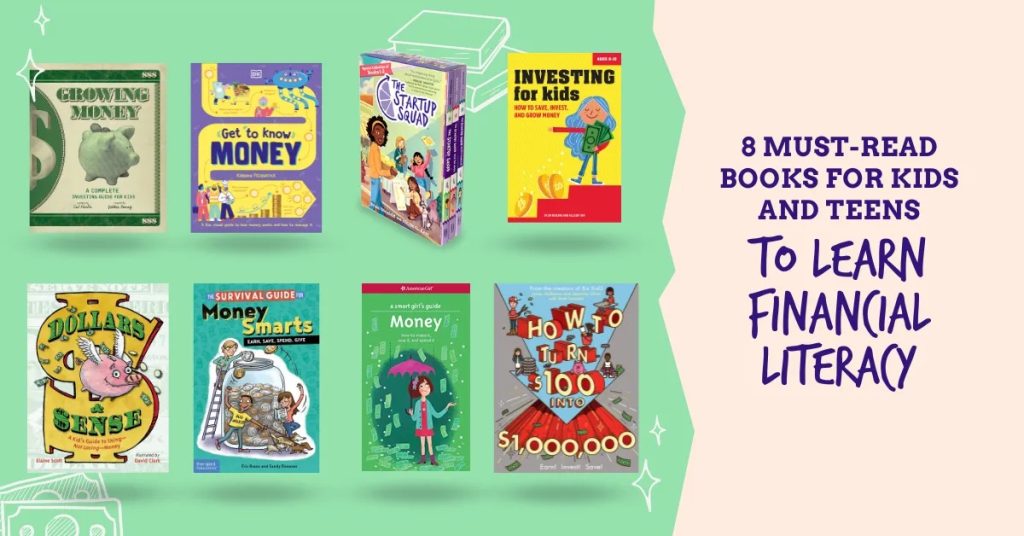
In the vibrant tapestry of Nigerian life, where jollof rice is a staple and “chop money” is a phrase that resonates with every household, instilling financial literacy in our young ones is not just a good idea; it’s a necessity. As parents, it’s high time we teach our little champs the art of managing money – Naija style!
Growing up, our parents often told us, “Money no dey fall from tree,” and they were right. It’s time to pass on this wisdom to the next generation, and here’s how we can do it with a sprinkle of Nigerian flair.
So, how can we make this happen? First off, it’s about starting early. Engage your kids in conversations about money. Make it fun and relatable. Take them to the market, let them feel the exchange of naira notes, and explain how prices work. When they ask for that favorite snack, use it as an opportunity to teach budgeting. “Sure, you can have it, but let’s see if we can find a better deal!”

Introduce them to the concept of “Kolo,” our traditional piggy bank. Kids love saving when they can actually see their money grow. Encourage them to drop those extra coins into their Kolo and watch it “blow” when it’s full – a lesson in delayed gratification and patience.
As Nigerian parents, we’ve got a rich tapestry of proverbs and cultural practices that can aid in teaching financial literacy. “Cut your coat according to your size,” goes a Yoruba saying, emphasizing living within one’s means. Or the Igbo proverb, “The wealth of a community is in the hands of the wise.” These nuggets of wisdom can be powerful teaching tools.
Additionally, explore resources tailored to financial literacy for kids. Books, games, and even online platforms can make learning about money engaging and interactive for our young ones.

In a country where financial education isn’t widely taught in schools, the responsibility falls on us, the parents, to equip our children with these vital skills. By teaching them early on, we’re setting them on a path toward financial independence and success.
By integrating these Naija-style financial lessons into our parenting repertoire, we’re not just teaching our kids about money; we’re shaping responsible future leaders who know how to “chop money wisely” and confidently navigate the financial landscape. After all, as the saying goes, “Na money be fine bobo!”